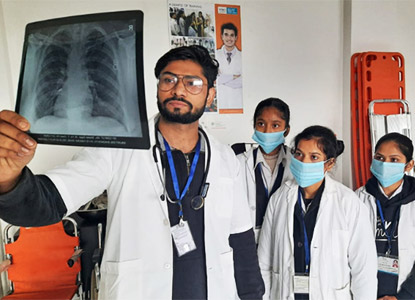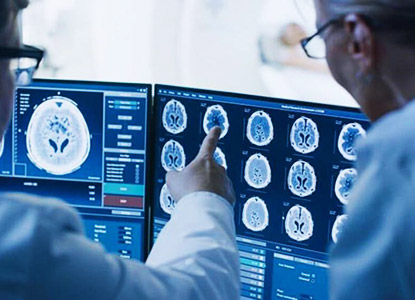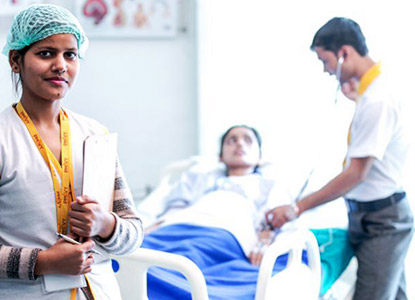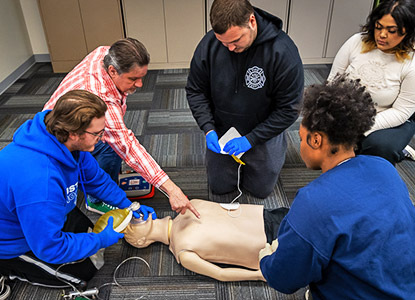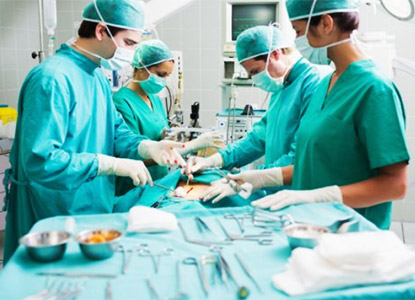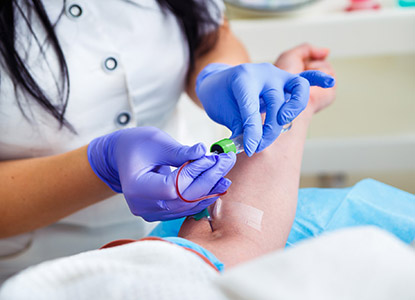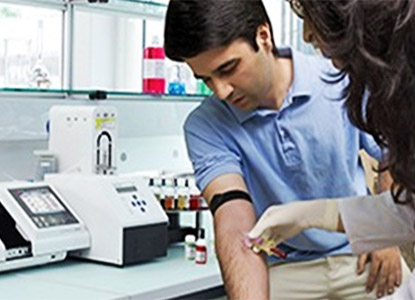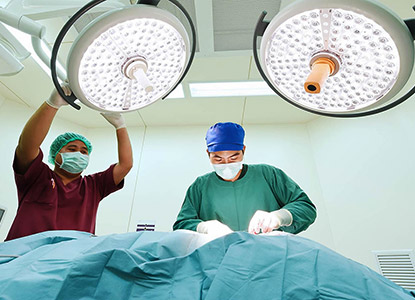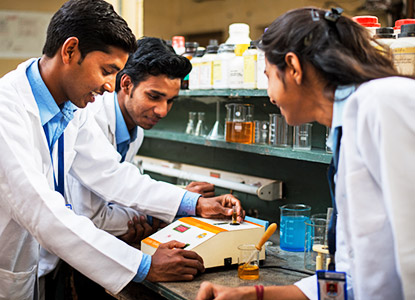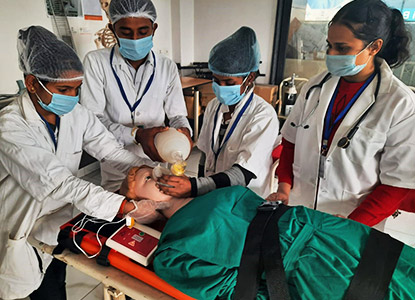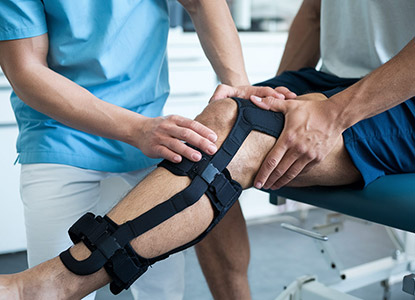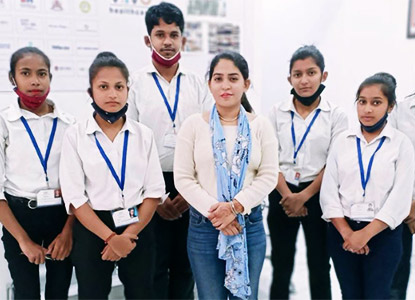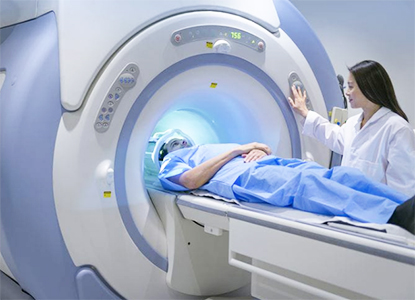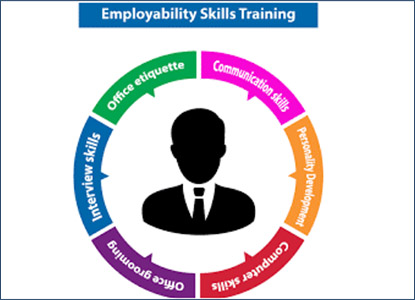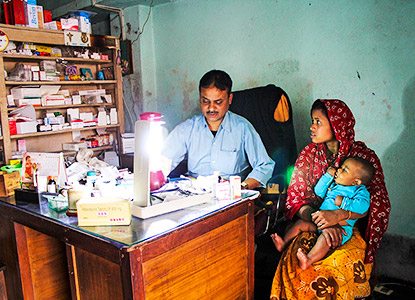
The CMS & ED course is a comprehensive training program that equips candidates with the knowledge and skills necessary to provide essential healthcare in rural areas. After completing this course, candidates can use WHO-approved allopathic drugs to treat patients in primary healthcare centers (PHC) located in rural India. The course prepares students for roles in both government and private hospitals, providing significant career opportunities in the healthcare sector.
Course Benefits
-
Use of WHO-Approved Drugs: Candidates will be certified to use 42 WHO-approved allopathic drugs to provide medical treatment in rural areas of India.
-
Establish Primary Healthcare Centers: Graduates will be able to open their own Primary Health Care (PHC) Centers in rural areas and offer vital healthcare services.
-
Job Opportunities: CMS & ED graduates have opportunities to work in government hospitals, private hospitals, and health centers across India.
Course Duration
-
Total Duration: 1 Year 6 Months (1.5 years)
Eligibility for Admission
-
Minimum Qualification:
-
10th Grade or 10+2
-
BAMS, BUMS, BHMS
-
BAMS(AM), RMP, Rural Doctor
-
Scope of the CMS & ED Course
After completing the CMS & ED course, candidates will be able to:
-
Administer WHO-Approved Drugs: Utilize 42 WHO-approved allopathic drugs for primary healthcare in rural areas.
-
Open PHC Centers: Establish and operate Primary Healthcare Centers (PHC) in rural areas throughout India, providing essential health services to underserved populations.
-
Employment Opportunities: Work in both government and private hospitals, clinics, or healthcare centers, with a special focus on rural healthcare.
Course Syllabus
Theory - First Exam
-
Anatomy: Study of the human body structure.
-
Physiology: Understanding the normal functioning of the body.
-
Pathology & Pharmacology: Study of diseases and their treatments, including medications.
-
Psychology & Sociology: Understanding human behavior and social aspects of health.
-
Public Health & Epidemiology: Study of health trends and disease prevention.
-
Communicable Diseases: Understanding diseases that spread from person to person.
-
National Health Programs: Overview of government-led health initiatives in India.
-
Common Ailments: Diagnosis and management of common diseases.
-
First Aid: Basic life-saving skills.
-
Environmental Health: Study of environmental factors affecting health.
-
Special Health Programs: Focus on targeted health initiatives.
-
Patient Care & Home Nursing: Caring for patients at home and basic nursing skills.
-
Social & Preventive Medicine: Focus on disease prevention through social health measures.
-
Basic Medicine: Introduction to medical treatments and interventions.
-
Elementary Obstetrics & Gynaecology: Basic understanding of women’s health and childbirth.
-
Elements of Surgery: Basics of surgical practices.
-
IEC & MIES: Health education, communication, and community engagement strategies.
-
Alternative Processes of Migraine: Overview of alternative treatments for migraine.
Theory - Second Exam
-
Medical Jurisprudence: Understanding the legal aspects of medical practice.
-
Practice of Medicine: Application of medical knowledge in clinical settings.
-
Primary Health Care: Core principles of delivering healthcare at the community level.
Practical Exams
-
Practical 1: Hands-on skills related to basic medical practice.
-
Practical 2: Application of theoretical knowledge in practical settings.
-
Practical 3: Advanced clinical procedures and patient care skills.
Career Opportunities After Completing CMS & ED
-
Primary Healthcare Center (PHC): Graduates can open and manage their own PHC in rural areas, providing essential healthcare services.
-
Government and Private Hospitals: Employment opportunities in both public and private healthcare settings across India.
-
Rural Healthcare Programs: Work with national or local health initiatives focused on rural health development.
-
Healthcare Administration: Opportunities for leadership roles in managing healthcare centers or clinics in rural areas.





